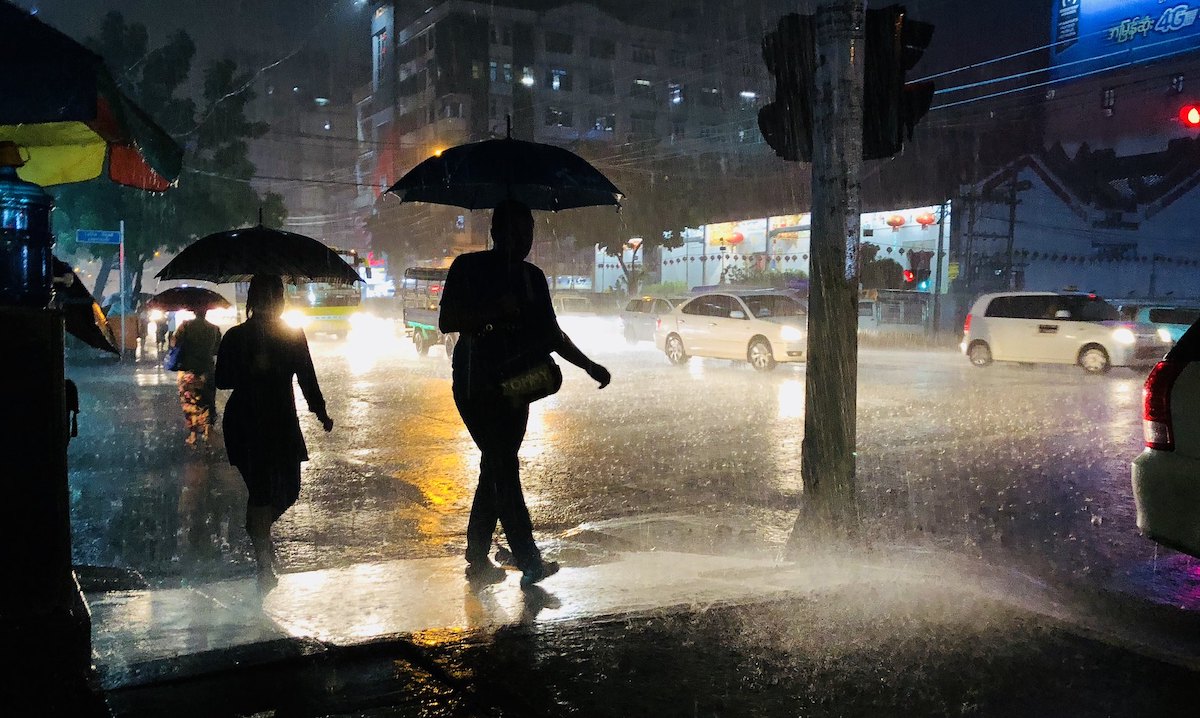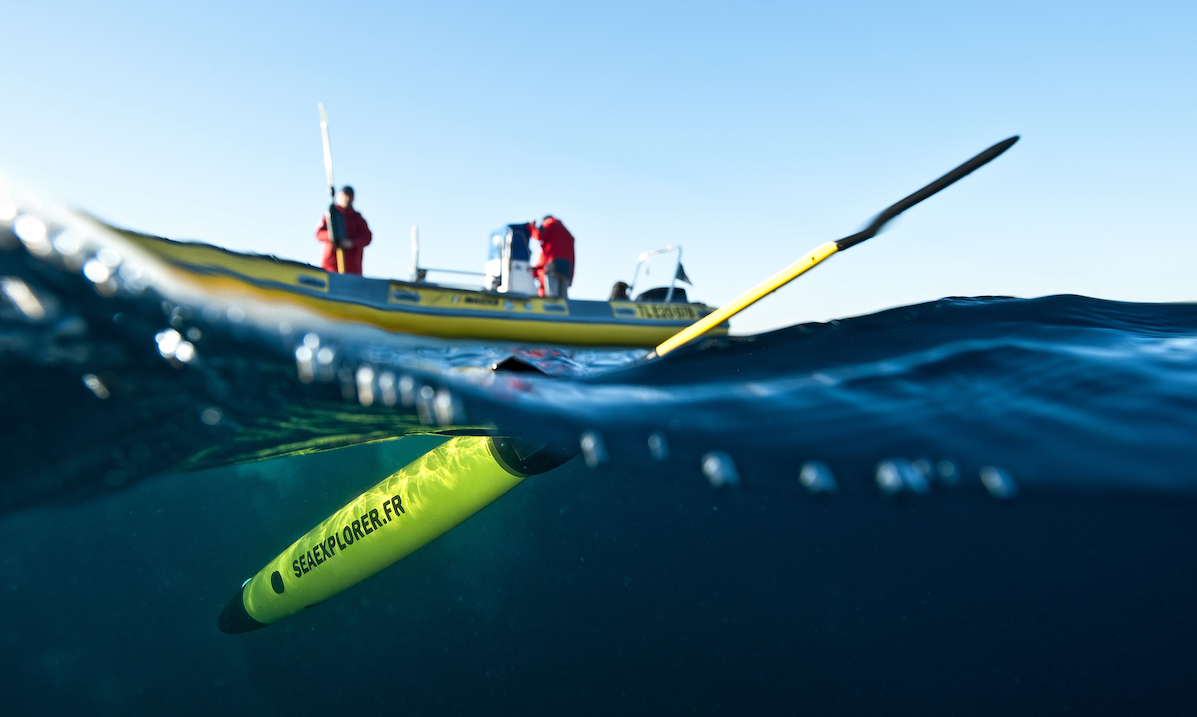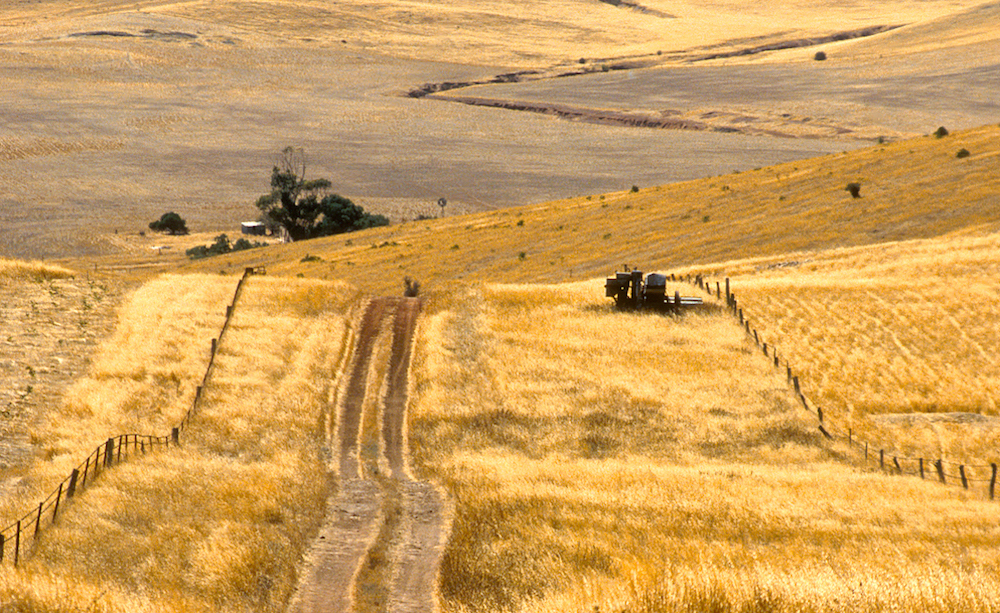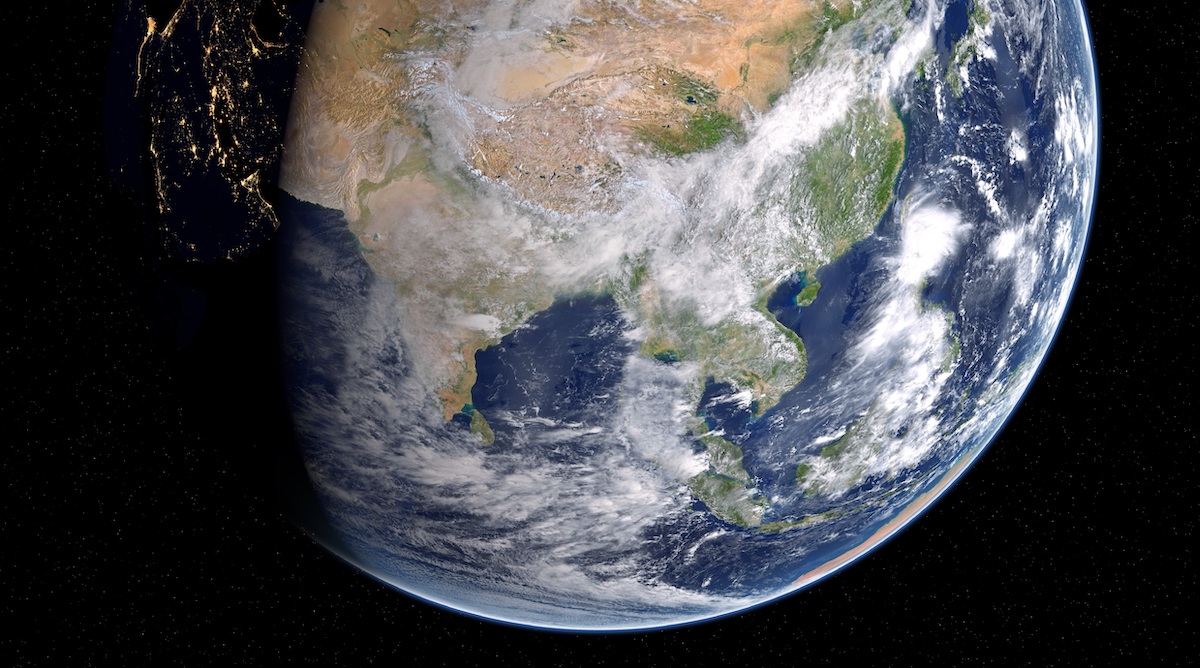-
Research brief: Is the pattern of Earth’s warming going to change and why?

New study highlights local warming is expected to accelerate beyond the global average in mid latitude regions, especially in summer. Over oceans the rise will be below global average warming.
-
Research brief: Tropical atmosphere’s balancing act breaks down at regional levels

This observational study of radiative convective equilibrium finds that this equilibrium breaks down in areas of a few thousands kilometres on a side. This has implications cloud model simulations in climate models.
-
Research brief: New downscaling approach will help urban planners prepare for future rainfall

CLEX researchers and colleagues have developed a downscaling methodology using the HiDRUS model that accurately projects future rainfall in 1km grids at six minute intervals. This will be a boon for urban planners who need to build infrastructure to cope with the different future heavy rainfall events that will occur in a changing climate.
-
Research brief: Nutrient availability framework accurately forecasts plant growth from CO2 fertilisation effect

CLEX researchers and colleagues revisit the quasi-equilibrium analytical framework introduced by Comins and McMurtrie (1993) and explore the consequences of specific model assumptions for ecosystem net primary productivity (NPP).
-
Research brief: Observations of small ocean eddies in the Arctic using glider technology

Using novel ocean glider technology, a team of researchers from France, Norway, and Australia observed small eddy-like lenses of cold water in July 2017 along the western Svalbard shelf in the Arctic.
-
Research brief: Towards reliable extreme weather and climate event attribution

New work published in Nature Communications develops a correction method that ensures the probability of climate extremes in the model simulations are consistent with real-world observations. In addition, it also corrects the rate of the long-term changes and the inter-annual variability so that it is consistent with observations.
-
Research brief: Misclassification in climate models of land cover over East Asia has little impact on results

New CLEX research finds land cover misclassifications over South East Asia based on remote sensing products have negligible impact on the outcomes of climate model experiments. However, land cover experiments that incorporate uncertainties must use large numbers of simulations to get robust results for rainfall and air temperature.
-
Research brief: Southern ozone hole observations could improve seasonal forecasts

CLEX researchers find strong correlation between ozone hole size and Australian summer temperatures. While there is no causal link between the two, the changes are driven by the same source – ocean temperatures.
-
Research brief: Understanding tropical land-sea breezes through satellite data

Thus study used satellite scatterometry to measure the horizontal component of winds over the sea surface in the Maritime Continent. It combined data with scatterometer to give additional insights into gravity wave structure in this region.
-
Research brief: Global warming temperatures set to accelerate as trade winds slow

Natural variability has been found to play a role in the speed of warming of land surface temperatures. With indications that the negative Interdecadal Pacific Oscillation is now becoming positive, this suggests that the hiatus period is over and we are likely entering a phase of accelerated warming of global surface air temperatures.
